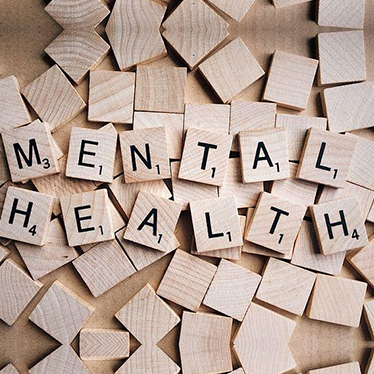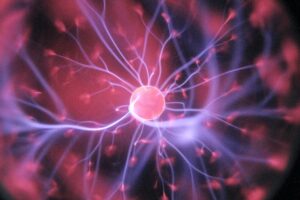Mental health conditions can be difficult to understand and recognize. Those who have a mental health condition might not always feel like their feelings are legitimate or valid. If you suspect that a loved one has a mental health condition, it’s important to take it seriously and seek professional help as soon as possible.
Mental health conditions come in many different forms. Some of the most common types of mental illnesses include anxiety, depression, schizophrenia, bipolar disorder, obsessive-compulsive disorder (OCD), post-traumatic stress disorder (PTSD), substance use disorders (alcohol and drugs), eating disorders, and more. Many people experiencing these symptoms might not even realize that they are indicating the existence of a mental illness. Contact LIFE REDEFINED if you’re concerned about your loved one’s behavior or mood.
Common Mental Health Conditions
- Anxiety
- Depression
- Schizophrenia
- Bipolar Disorder
- OCD
What Are the Symptoms of Anxiety?
Anxiety is a symptom of many different mental illnesses. The exact cause of anxiety is often unclear and there is a lot of debate available on this subject. It’s also important to keep in mind that not everyone who experiences anxiety will have a mental health condition.
Anxiety is a feeling of discomfort and unease that causes people to feel nervous and on edge. It might cause feelings of fear, worry, and a sense of impending doom. People with anxiety might also experience physical symptoms, such as increased heart rate, headaches, or stomach pains. Therapy for teenage depression and anxiety near me can treat this problem in the early stage.
What Are the Symptoms of Depression?
Feelings of sadness and loneliness are part of the human condition. But when it persists and affects your day-to-day life, it’s known as depression. People with depression might feel hopeless, helpless, unable to make things better, or like there’s no reason to get out of bed.
People with depression might also experience changes in eating habits, such as overeating or undereating. Currently, amino acid therapy for depression is the best treatment for this problem.
What Are the Symptoms of Schizophrenia?
A mental health condition in which people experience a break with reality is called a “disorder of thought.” People with schizophrenia might experience a break with reality that affects their ability to think and function, which is why it’s often referred to as a disorder of thought.
Many people who experience a break from reality might not be diagnosed with a mental health condition. But if feelings of paranoia or hallucinations are present and causing daily life to be difficult, it’s important to get help. A behavioral health therapist can treat this problem easily.
What Are the Symptoms of Bipolar Disorder?
Bipolar disorder is another “disorder of thought” that causes a person’s mood to fluctuate between extreme highs (mania) and extreme lows (depression). People living with bipolar disorder might have experienced a mood swing before, but have forgotten about it or not recognized it as a mental health condition.
The symptoms of bipolar disorder are a little different for each person. Common symptoms include: Feeling very happy one minute, and then very sad, angry, or irritable the next without any clear reason. Therapy for adolescent depression can be a solution to this problem.
What are the Symptoms of OCD?
People who experience OCD often feel driven to perform certain repetitive activities, such as washing their hands or constantly checking things, such as the door or furnace. People with OCD might feel driven to keep performing these activities or might feel they shouldn’t be performing them.
OCD is a mental health condition that often goes undetected and untreated. There’s no single, correct way to describe what someone with OCD experiences, and there’s no way to determine whether a person has it based on what they do. You can contact online counseling for depression to fix this problem.
Mental health conditions can be difficult to understand and recognize. If you notice any changes in your loved one’s behavior or mood, it’s essential to take it seriously and seek professional help as soon as possible.
Mental health conditions can be difficult to detect and diagnose, and their symptoms can be very similar to other problems that might cause someone to feel sad or anxious. It’s important to remember that the best way to prevent mental health problems is to seek help and get treatment.




